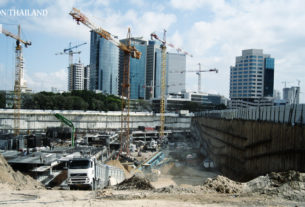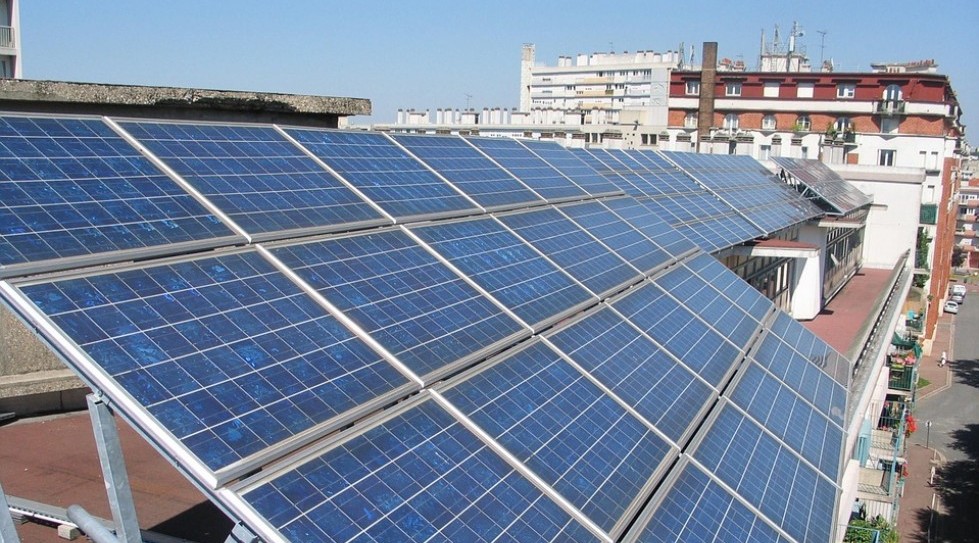The recent collapse of a giant concrete slab and steel scaffolding at the Hopewell project will attract more public attention to the pending appeal ruling at the Administrative Court over Bt12 billion in compensation demanded from the Thai authorities by the Hong Kong-based company.
Getting on for 20 years, the public had been largely trying to ignore the controversial abandoned project between Hopewell (Thailand), which is a subsidiary of Hong Kong based Hopewell Holdings, and the State Railway of Thailand (SRT) – that is, until the collapse of part of the construction last Thursday.
The incident involving a collapsed platform section has brought to the surface four key issues.
First, Hopewell (Thailand)’s demand for compensation of Bt12 billion for unfair trade practice after the SRT cancelled the contract, leaving the project part constructed. The amount claimed is not only to compensate for the partial construction, but also because the government now plans to use the construction to proceed with the Red Line commuter train project.
Second, the SRT in turn is seeking Bt200 billion in compensation from Hopewell in return for business opportunity losses from land development along the 26-kilometre Bang Sue-Rangsit route, as well as benefit-sharing from the project.
Third, there are the SRT’s costs in having to pay a surcharge to the Japan International Cooperation Agency (Jica) after missing loan repayment as scheduled under the contract. So far, the agency has had to pay a surcharge of Bt33 million.
Finally, the pending ruling will delay Red Line route construction, as Hopewell and the SRT have not been able to reach a compromise.
In particular, the prolonged wait for the appeal court ruling has undermined foreign investor confidence as regards the operation of government megaprojects. Investors could now be reluctant to join hands with the government, or they would have to add the risk cost into such projects.
From the Hopewell side, however, now is a good time to attract more attention to the drawnout case, as the group needs to achieve compensation for its business loss in Thailand.
On the other hand, the SRT wants to end the case without having to make any payment, arguing that it was Hopewell that had breached the agreement. This would allow the agency to proceed with the Red Line commuter rail route, which is now behind schedule as construction was due to begin last year.
Red Line construction is scheduled for completion by 2016 at an investment of Bt75.54 billion.
The SRT inked the Bt63.87billion loan agreement with Jica in March, 2009. It had to repay the first installment of the loan last year, but this was delayed due to the problems surrounding the project.
The first-phase construction contract of the Red Line, to establish the central station and maintenance centre, is being negotiated by the SRT and a joint venture between SinoThai Engineering and Construction and Unique Engineering and Construction, which had offered the lowest bid at Bt31 billion. However, the Cabinet approved a lower budget of Bt27.17 billion for the first phase.
In 2008, an arbitrator ruled in favour of Hopewell, ordering the SRT to pay Bt12 billion in compensation. Of the total, Bt9 billion is to compensate for the construction cost, Bt2.85 billion for land utilisation, Bt38.7 million for the cost of the bank guarantee issued at a 7.5-percent interest rate, and Bt500 million for the guarantee itself.
However, the SRT petitioned the Office of the Attorney General to forward the case to the Administrative Court, seeking that the court nullify the arbitrator’s ruling.
The case is still pending a final ruling by the Administrative Court, besides which the SRT also wants a decision on compensation of Bt200 billion from Hopewell for business opportunity losses.


